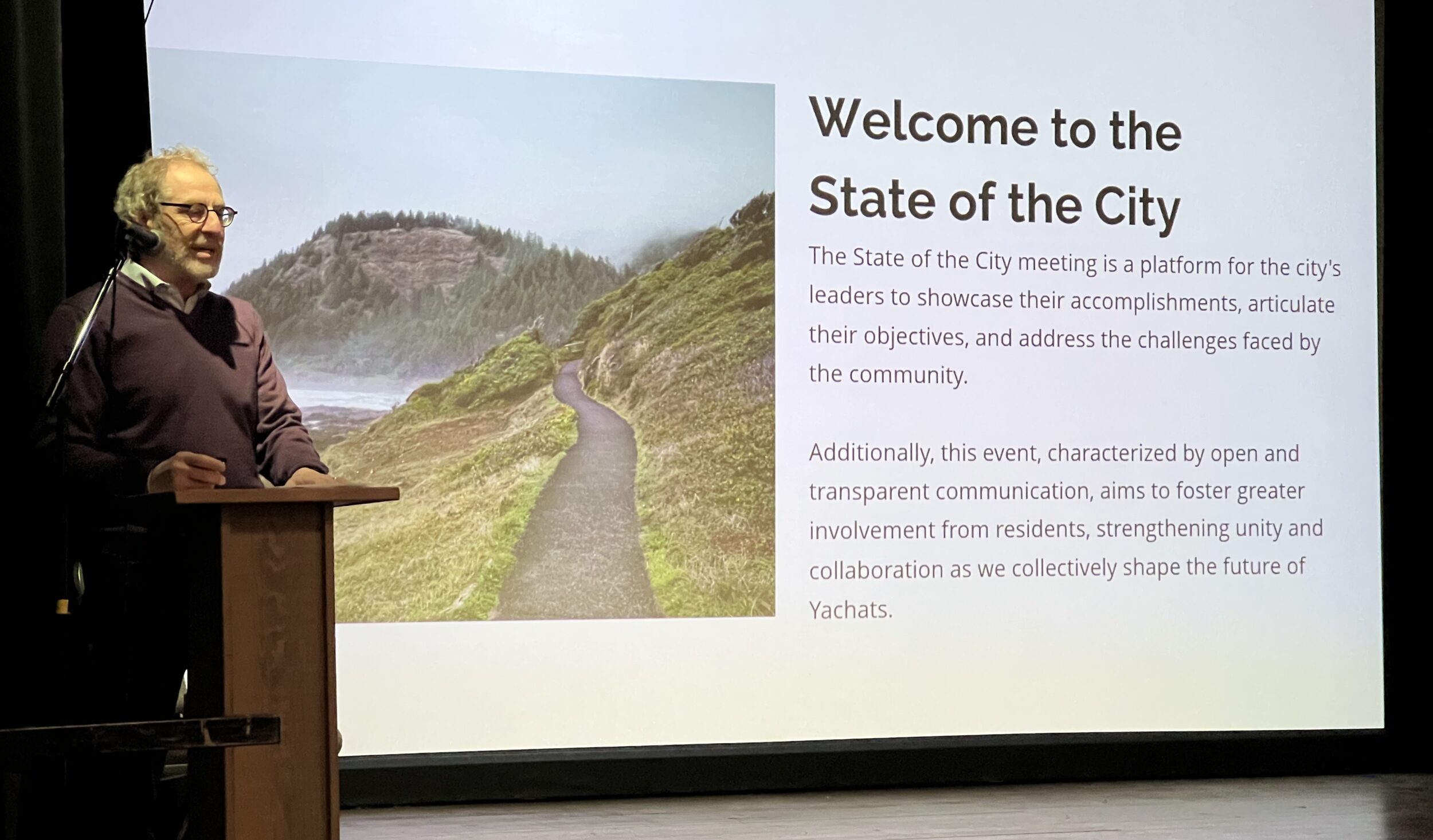
By GARRET JAROS and QUINTON SMITH/YachatsNews
YACHATS – An annual “state of the city” address traditionally given by the mayor of Yachats had not happened since former mayor John Moore gave one four years ago. That changed Thursday when first-term Mayor Craig Berdie was joined by commission chairs and the city manager in giving the first address of his tenure.
Seventy-five people attended the two-hour Power Point presentations that went through in detail council, commission and committee operations, city finances, 2023 accomplishments and 2024 goals.
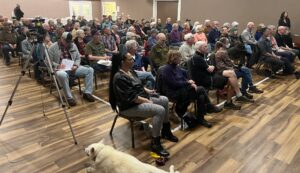
Each overview was presented by chairs of the Planning, Public Works & Streets, Parks & Commons, and Library commissions, as well as by the Finance and Trails committees. Berdie gave an overview of what the city council has in the works and city manager Bobbi Price the staff work at City Hall and in Public Works. The presentations will be posted on the city’s website Friday.
The presentation comes as Berdie, the city council and the new city manager try to restore order to an organization after nearly five years of chaos, including two years of operating during the Covid pandemic. While it is in a very strong position financially — it has $10.5 million in its various fund balances — the city has had four mayors the past eight years and six interim or permanent managers since 2020.
Two of the Yachats’ three former mayors — Moore and Gerald Stanley — were in the audience.
Prior to Thursday evening’s event, Berdie answered a series of questions from YachatsNews regarding ongoing projects, affordable housing, the city manager, water sustainability, commission membership and the biggest challenges facing the city and how they are being addressed.
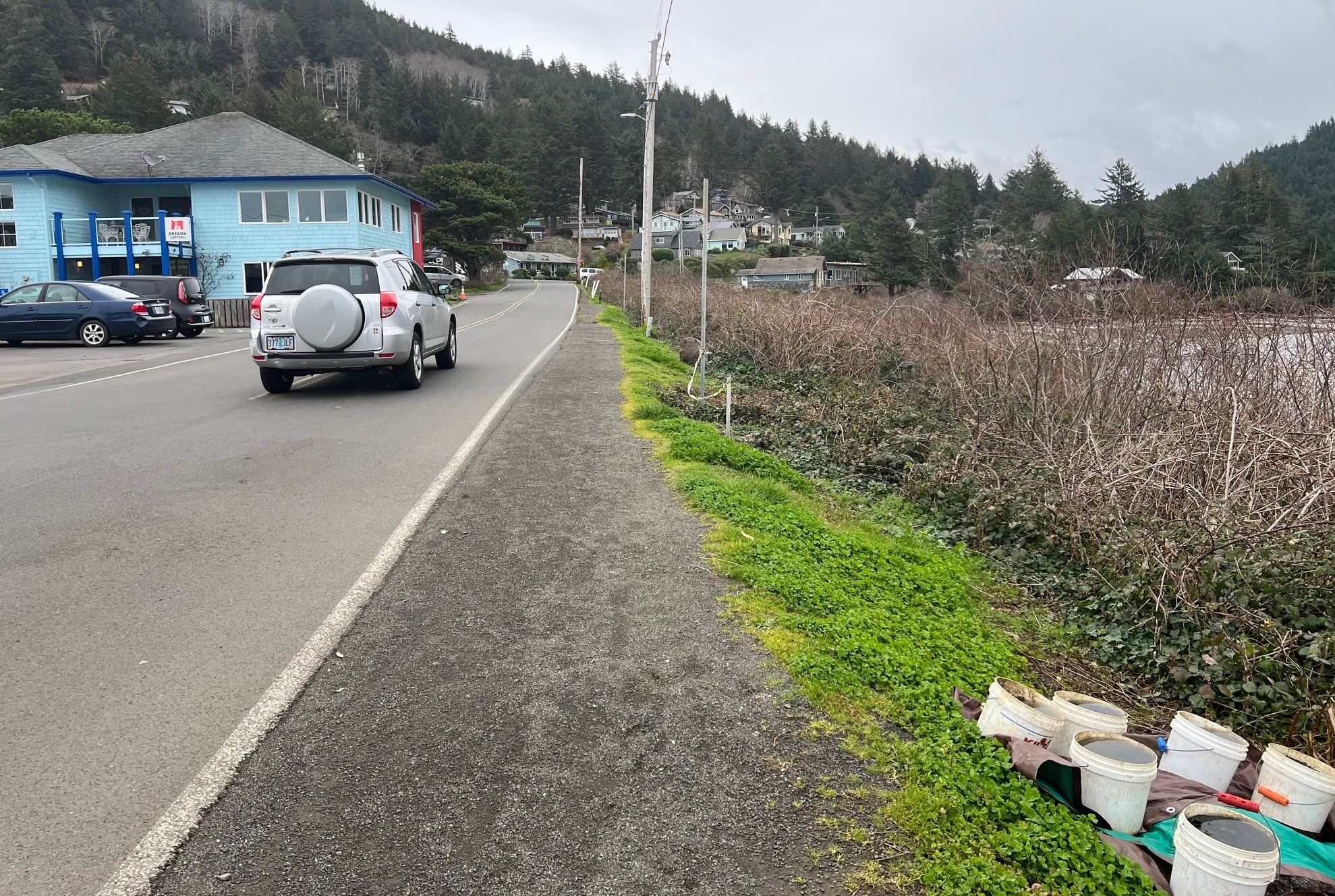
YachatsNews: When you ran for mayor you expressed frustration that projects the community wanted were not happening or moving forward in a timely manner – and that the reasons for delays are often difficult to understand. Are projects now moving forward in a timely manner? And has your understanding changed?
Berdie: Projects are now moving forward. For example, two days after (interim city manager) Rick Sant took office, we signed the agreement with ODOT for the delineators around the Highway 101 curve. Shortly after that, we got the final signatures on deed agreements along Ocean View Drive. This was a critical path item for the estuary walkway for which are actively pursuing a grant. We are waiting on Lincoln County and ODOT but expect both these projects to move forward. We started the pocket parks within weeks of Mr. Sant’s employment, and they are now complete. The engineering firm working on the Little Log Museum hopes to complete the drawings and post a request for proposals in early March. Several contractors have expressed interest in that project.
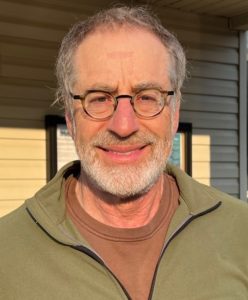
Following an engineering assessment, we improved drainage around the Commons building and in the electrical panel room. We also fixed improperly installed gutters that allowed water to run down the building. Additionally, we brought up to code and improved stage lighting, replaced the audio system, installed art hangers, and reduced the chaos in the stage area. There is an extensive list of additional improvements and fixes.
Infrastructure projects are also moving forward. Engineering is complete and we posted a request for proposals for a project to put “plugs” on our sewer lift pumps. Currently we need to call in a specialized electrician whenever we need to service or replace these vital pumps – and that always happens at the worst possible time. The contractor is essentially done with the backwash project at the water treatment plans which saves tens of thousands of gallons of water a year and the seismic valve on the south water tank is complete. We finished rebuilding East Second Street. We started the analysis of our 1 million gallon water storage tank so we can plan for projected costs on it. It will be expensive.
Am I satisfied with the progress? Not really. But these projects are dependent on internal and external resources. We are in better shape with internal resources in City Hall and in Public Works. However, costs continue to rise and there is a lot of federal infrastructure money floating around so finding qualified contractors is challenging.
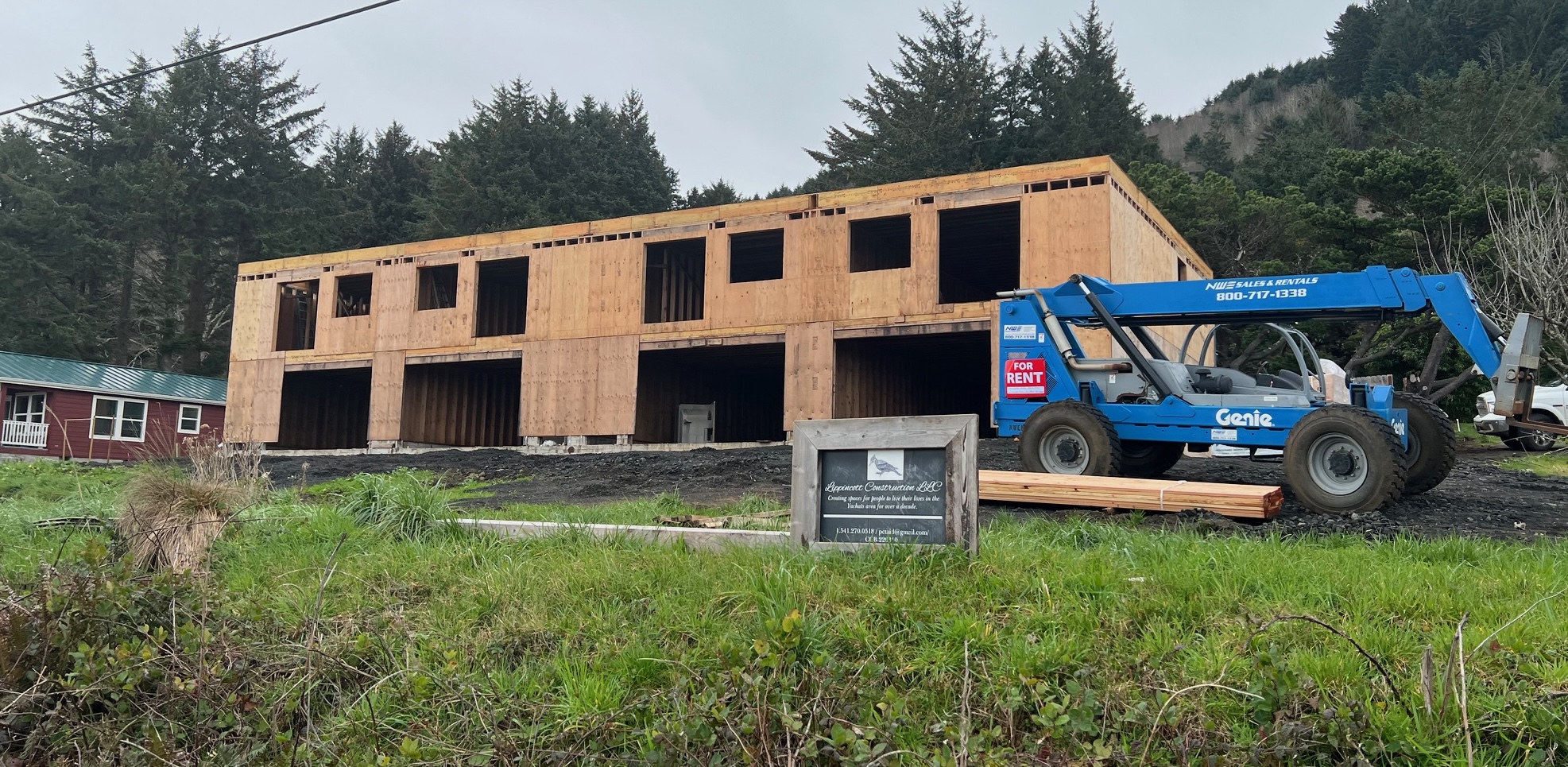
YN: Two state-funded affordable-housing studies completed by Cascadia Partners eight months ago laid out concrete steps the city could take – or at least discuss – in how to make affordable housing a reality in Yachats. The city did not get a third grant to fund rewriting codes or make other changes and the whole effort seems to have dropped off the radar. Has it? Does the city have to wait for a grant to get underway with the recommendations made by the consultant?
Berdie: We applied for a grant to write appropriate code but did not get it. We will reapply next fiscal year.
I will add that I was disappointed that the study did not include a sophisticated economic analysis to ensure that building more units would improve our workforce housing situation. Surprisingly, the Lincoln County homeless study did include a refined analysis of this issue.
It turns out that building more units does not immediately lower costs. Over time, and if builders develop “enough” units, costs do come down. But in the short term, costs actually rise. Say rather than building a $700,000 house on a lot, you build a duplex. The cost for each duplex might be something like $450,000 or $350,000. Why? As you move down the supply/demand curve, more people can afford it and that puts upward pressure on the price. Additionally, psychology plays a role as people realize that there is available inventory further increasing demand.
We have an opportunity to see a real-world test of this. We have 10 higher density units in development. Some for purchase, some for rent. I am interested to see how they are priced and how quickly they sell or rent. And, more importantly, if they are affordable for our workforce.
YN: Would you reflect on the city manager hiring experience – in which you did an about face (and it appears to be a good call) on hiring Bobbi Price instead of continuing to search for an experienced candidate? How did that happen and what have you learned from it?
Berdie: I was concerned with Ms. Price’s lack of city manager experience. However, through my conversation with her, it became clear that she had excellent administrative experience, including disaster preparation. I also closely listened to my friends and advisers who were supportive of hiring Ms. Price.
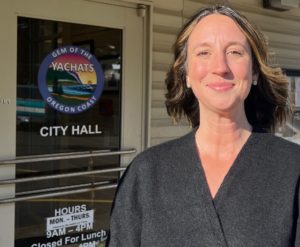
We were able to structure an employment agreement the included requirements for completing International City Manager Association courses, relevant League of Oregon City courses, structured mentoring with Rick Sant and local, experienced city managers, and frequent feedback from the city council. City manager Price has aggressively pursued the course work, meets frequently with her mentors, and meets one-on-one with the councilors soliciting advice. We had our first of four formal reviews last week.
I am delighted with my decision. City manager Price is putting the “manager” into the office, developing tracking systems and operating procedures so that we do not drop the ball on the many details required to effectively operate the city. For example, we are tracking and following up on tax remittances again. Just as importantly, her leadership skills sustain and grow the can-do, team approach to management demonstrated by Rick Sant.
YN: Long-term water sustainability has been one of your top priorities and seemed a done deal through an agreement with Southwest Lincoln County Water PUD a few months ago. But no agreement has been signed. What is holding it up?

Berdie: First, we did sign a one-year agreement for emergency water. Fortunately, we did not need it as it started raining a week after we declared a Phase 1 water emergency. Second, you make it sound like we are going to Walmart, we walk in and say we would like to buy water from you, here is the check. It does not work like that.
Both parties recognize that it is increasingly difficult for small water providers to attract and retain qualified professionals and that capital and maintenance costs are rapidly rising. We also agree that water supplies are increasingly volatile. We agree that we should explore ways to cut costs while ensuring both systems’ customers have sustainable, adequate water at reasonable prices.
For example, both systems need regular service on a clarifier. The service provider comes from Washington state. So, if we are in communication with each other, we can coordinate the visit and split the travel costs. Even that type of transactional arrangement requires prior approval and operational process to ensure that each party pays their portion of the bill.
The question of supply is not as clear. Each participant needs to feel comfortable that they can provide water to their clients at the lowest cost now and far into the future.
The previous and current city manager meets with a team of Yachatians who have deep experience in rates, engineering, finance, and contract issues. Southwest Lincoln and their attorney meet separately to discuss this matter.
The city manager meets regularly with Southwest Lincoln to build trust and explore how we might best proceed to ensure adequate supply and fair pricing for both parties now and over a decade’s long horizon. We are making substantial progress, but it requires nuanced discussion, negotiations, and frankly, some horse trading. We are simply not yet in a position to publicly disclose specific terms and conditions. Rest assured though, everyone on our team wants to see this done but we recognize that it is an incremental process.
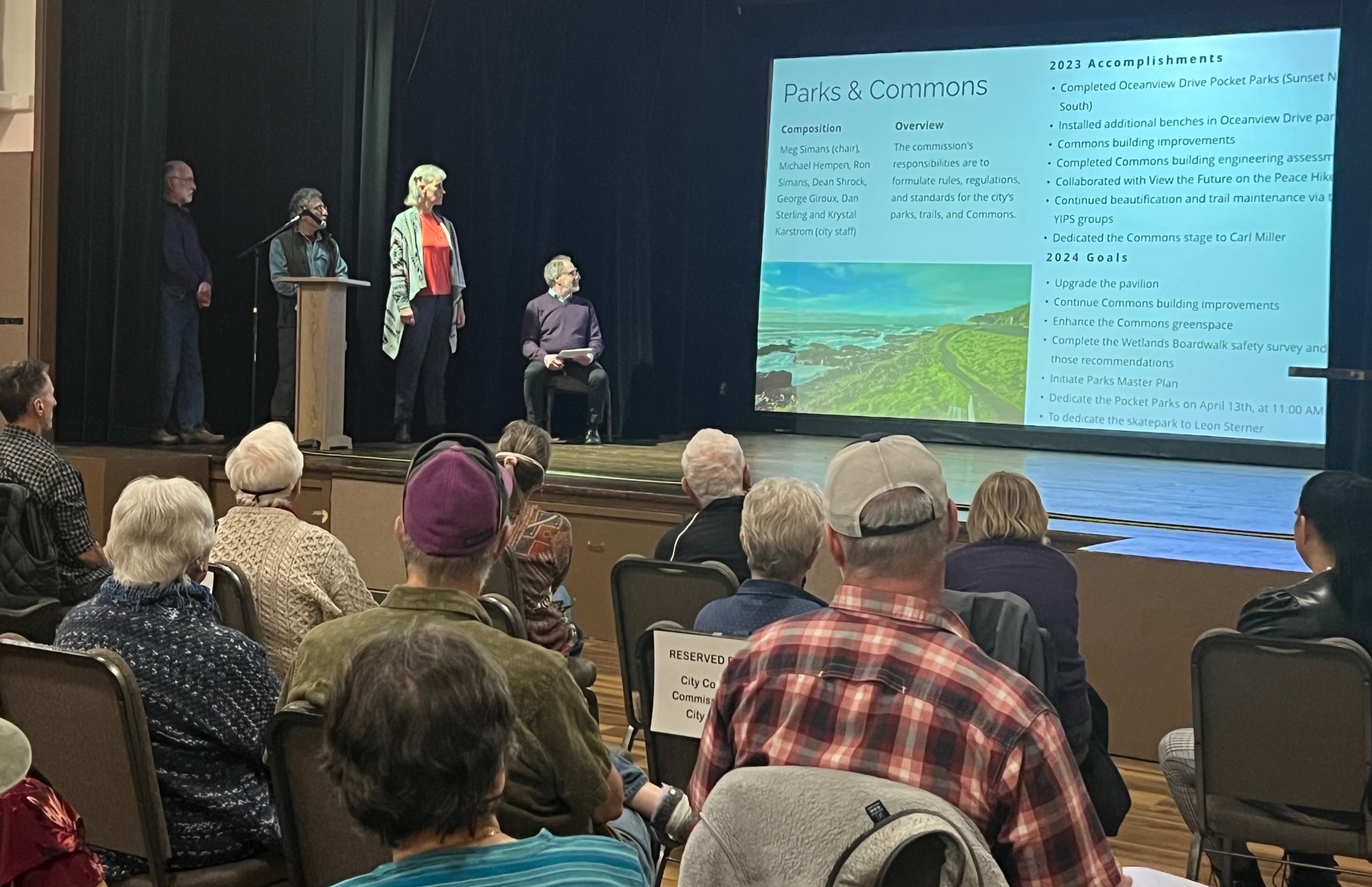
YN: You credit the city’s commissions and committees for helping ensure Yachats runs smoothly and stays on track with important work. There has been a fair amount of turnover on some of the commissions – what effect is that having on moving projects forward?
Berdie: I question your premise. There is and always has been churn in commissions. We ask a lot of our citizens in their time and attention. Three or four years is a long commitment for our mostly retired folks.
Plus, change is not always bad. For example, we have a talented team on the Parks and Commons Commission bringing new energy and ideas. The Planning Commission is now at full strength with new members and participated in an in-person session from the state agency that oversees planning. An astrophysicist, attorney, nurse, and bank regulator know how to learn and will be fully capable in short order.
We do need to bolster our Emergency Preparedness Committee. We lost some key members during the last administration and as January’s storm showed us, we need to be fully prepared for a wide variety of situations. Please, we need citizens’ help.
YN: What do you think is the biggest challenge facing Yachats and what is city council doing to address it?
Berdie: We continue to focus on water sustainability at the internal, non-sexy (but expensive), infrastructure level while widening our supply options. We are in good financial shape but the demand for services and costs continue to rise so we must carefully monitor our expenses and carefully plan for future needs. We need to be better prepared for emergencies. To that end, we are revisiting our procedures and process and improving caches while applying for a sizable grant to power the Commons via solar with diesel backup. We need a plan to maintain the 100-year-old Commons building. We need to better understand what type of housing our workforce needs and find ways to get those types of units built. We need to look further into the future — specifically, we have limited public green space outside the city campus so as private landowners develop their lots, the character of our neighborhoods might change. We need to start adult conversations about how to prepare our municipal facilities for disasters. We need to replace invasive species with native plants. (OK, that’s just me); and, finally, we need to acknowledge our beautiful surroundings and the wonderful talented people of this city — and have fun.
- Garret Jaros is YachatsNews’ full-time reporter and can be reached at GJaros@YachatsNews.com




This made me scratch my head and go “huh?”
“Say rather than building a $700,000 house on a lot, you build a duplex. The cost for each duplex might be something like $450,000 or $350,000. Why? As you move down the supply/demand curve, more people can afford it and that puts upward pressure on the price.”
Excuse me for being so ignorant, but none of the mayor’s statement quoted here and its context made any sense to me. With good design and zoning approval, a duplex can be built for the same costs as a single-family residence. Whether the builder is selling/renting to a single buyer or two buyers, he can recoup his costs with a reasonable profit..